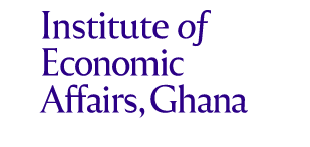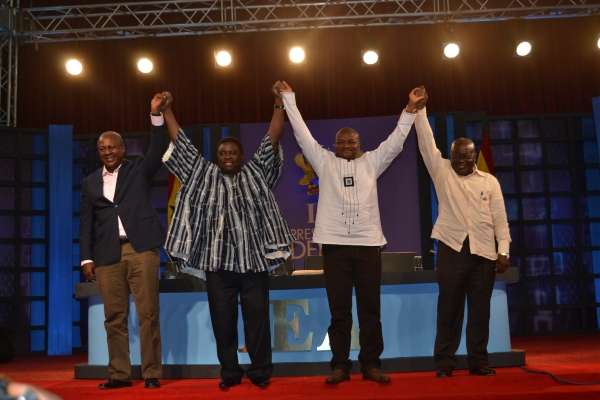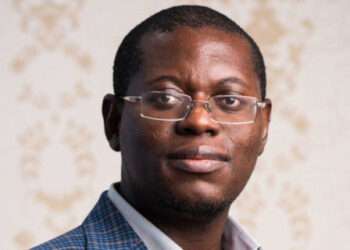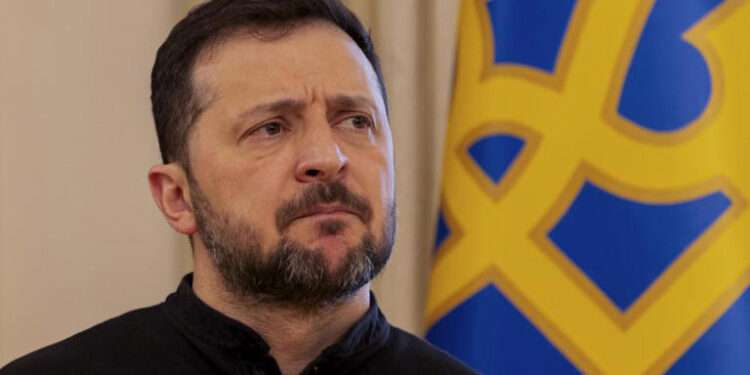The Institute of Economic Affairs (IEA) has announced its lineup of debates and encounters for the upcoming December elections.
The schedule includes two Presidential Debates, one Vice Presidential Debate, and five Evening Encounters, providing a platform for candidates to engage with voters and share their visions for the country.
The IEA indicated that the First Presidential Debate is scheduled for October 22nd, followed by the Vice-Presidential Debate on November 5th, and culminating in the Second Presidential Debate on November 19th, 2024.
“The Presidential Debates organized by the Institute of Economic Affairs (IEA) have significantly influenced the trajectory of Ghana’s democratic development”.
“These debates have emerged as a fundamental element of Ghana’s electoral framework, nurturing transparency, accountability, and informed electoral decisions. Commencing in the year 2000, the IEA has consistently organized Presidential Debates and Evening Encounters in every election year, except for 2020 due to the COVID-19 pandemic”.
The Institute of Economic Affairs (IEA)
The IEA emphasized that these debates have significantly contributed to the advancement of democratic development, fostering transparency and accountability in Ghana’s electoral process.
The Institute pointed out that these debates and encounters have substantially enriched democratic discourse, providing a valuable forum for candidates to clearly communicate their ideas and plans directly to the electorate.
The IEA highlighted that facilitating a transparent exchange of ideas empowers voters to make informed decisions.

According to IEA, with a deeper understanding of the candidates’ stances on critical issues that affect their lives, voters can now cast their ballots with confidence, knowing they are making choices that align with their values and needs.
The Institute observed that the successful conduct of these debates since 2000 showcases Ghana’s unwavering allegiance to democratic principles.
As such, IEA stressed that by doing so, Ghana has established itself as a model for other African countries, exemplifying the country’s remarkable strides in democratic growth and maturity.
Fostering Accountability And Transparency
Furthermore, the Institute of Economic Affairs noted that the debates and encounters foster a culture of accountability and transparency, encouraging candidates to clarify their positions and justify their policies.
The IEA indicated that by doing so, these events ensure that leaders are answerable to the people, promoting transparent and responsive governance that serves the public interest.

The Institute noted that the structured debates, with their focus on substantive issues rather than personal attacks, help to reduce political tensions and promote a more civil and constructive political discourse.
The IEA stated that through encouraging candidates to engage in respectful and issue-focused discussions, these debates contribute to a healthier and more productive political environment.
“Furthermore, these deliberations function as an educational instrument for the electorate, providing insights into the candidates’ competencies, comprehension of national issues, and capacity to articulate remedies. In doing so, the debates stimulate increased engagement in the electoral process, invigorating the electorate and bolstering voter participation”.
The Institute of Economic Affairs (IEA)
The Institute of Economic Affairs (IEA) underscored the significance of debates and encounters in Ghana’s democratic landscape.
These events, the institute indicated, are a crucial component of the country’s democratic framework, serving multiple purposes.
Additionally, IEA stated that debates and encounters kindle voter engagement, encouraging active participation in the democratic process.
The Institute noted that by hosting these events, Ghana demonstrates its commitment to democratic values, setting a benchmark for other nations to follow.
The IEA emphasized that the continuation of these debates and encounters is essential as Ghana approaches the 2024 elections, as they will reinforce the country’s democratic structures and guarantee that the people’s voices are heard loud and clear.
The IEA’s invitation for debates has not yet received a response from political parties and candidates, notably the opposition NDC, which has expressed reservations about participating.
The NDC’s concerns revolve around its claim that the IEA is biased towards the governing NPP, potentially compromising the fairness and credibility of the debate process.
READ ALSO: Senegal President Dissolves Parliament, Calls For Snap Elections





















